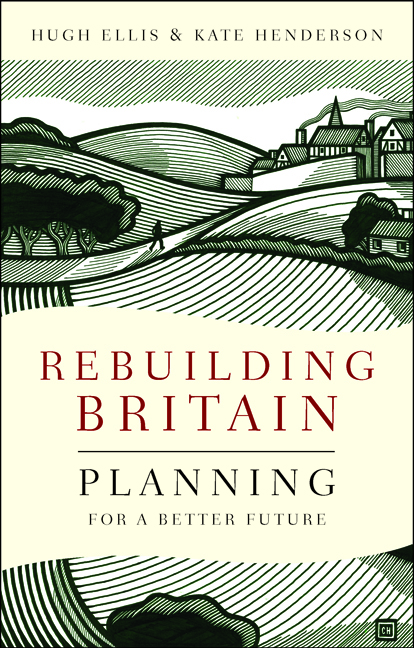11 - Rebuilding trust in planning
Published online by Cambridge University Press: 04 March 2022
Summary
‘Get to know the people. You will never understand yourself or your work until you do.’ (Edward Carpenter in a letter to C. R. Ashbee, 1886)
There is no doubt that securing public legitimacy is the most important task in developing a new planning system. In a democracy, development cannot take place without broad public consent and this is the focus of the following chapter. Securing public legitimacy is the key to developing a new planning system which people believe in.
The model for any future governance structure will need to address both forms of democratic accountability and procedural rights for individuals and communities. It will need both a representative and participative aspect, but it will also need the kind of effective powers and duties to ensure change happens fairly. National government action is already secured by democratic accountability; action at this scale is a matter of political will rather than a lack of democratic mechanisms.
Restoring trust in planning means responding to the changes in society which have made us more diverse and the new technology which means communities of interest are more likely to be found online than in the church hall. We recognise that in many areas there is little interest in formal politics, and that groups often mobilise around single issues. Renewed interest in cooperatives, mutualism and transition towns, however, speaks against an entirely bleak prognosis. Rebuilding trust means grasping opportunities at all levels, from working with local community groups to a national debate on the housing and climate change crisis.
This project will fail, however, if it ignores the reality of the very uneven distribution of power in our society. Part of this uneven picture is the power national parliament has over communities; this is simply the reality of democracy even if politicians are reluctant to acknowledge it. Parliament is sovereign and in the absence of a federal constitution, like the US or Germany, or powerful local government, like France, it is Parliament that has the final say on the objectives of the planning system and key decisions on infrastructure like high speed rail.
The second key aspect of the uneven distribution of power is between communities and individuals and the corporate sector.
- Type
- Chapter
- Information
- Rebuilding BritainPlanning for a Better Future, pp. 91 - 96Publisher: Bristol University PressPrint publication year: 2014



